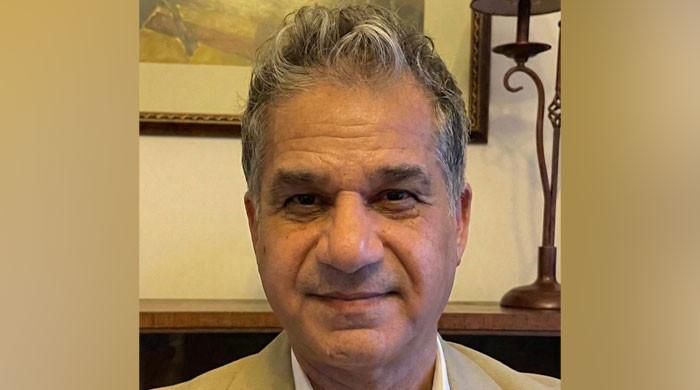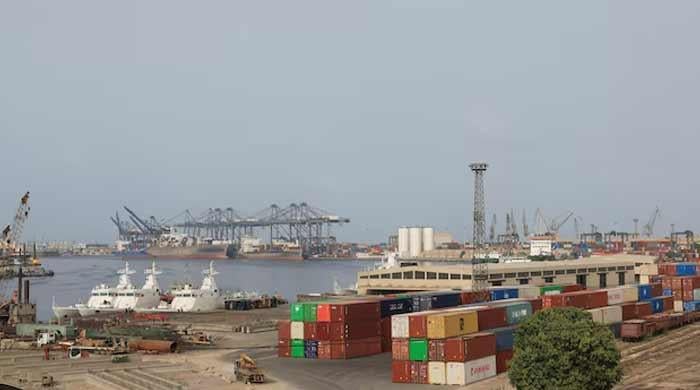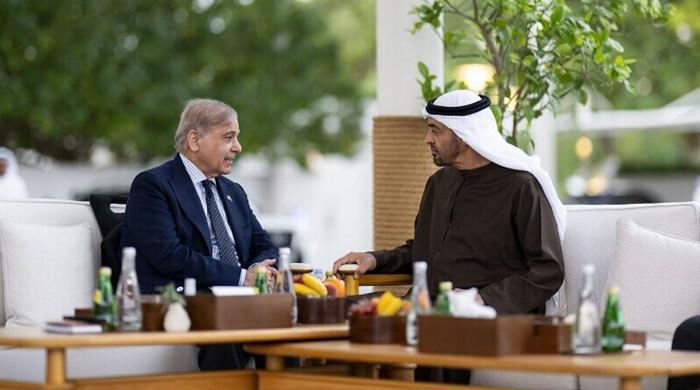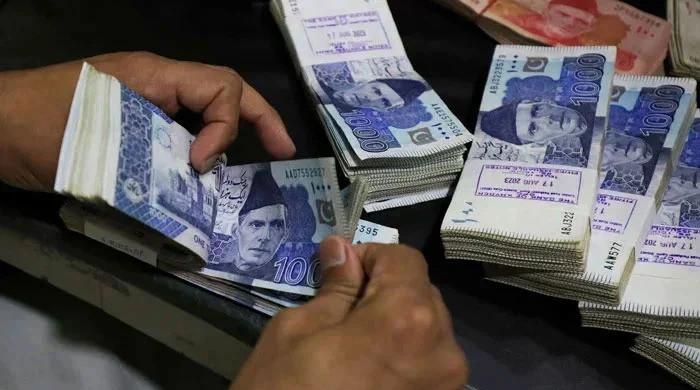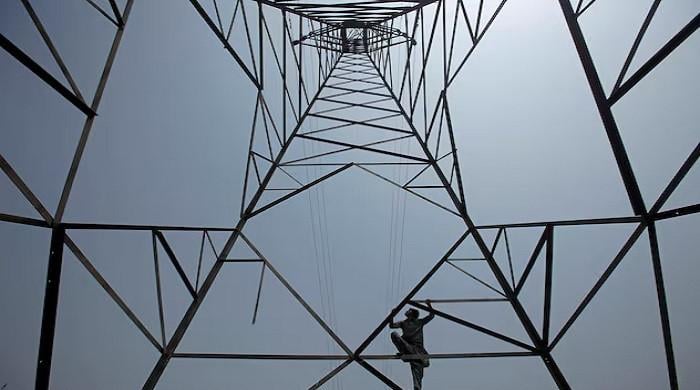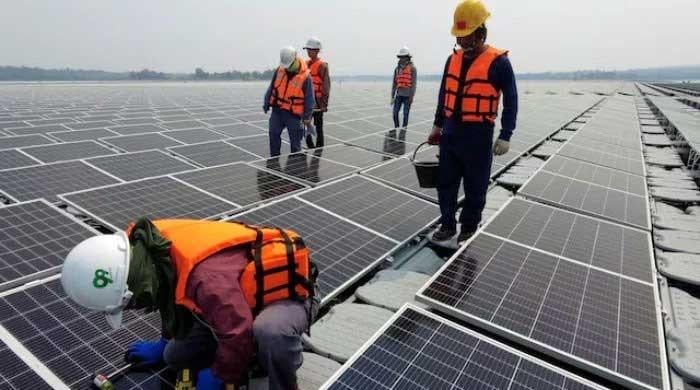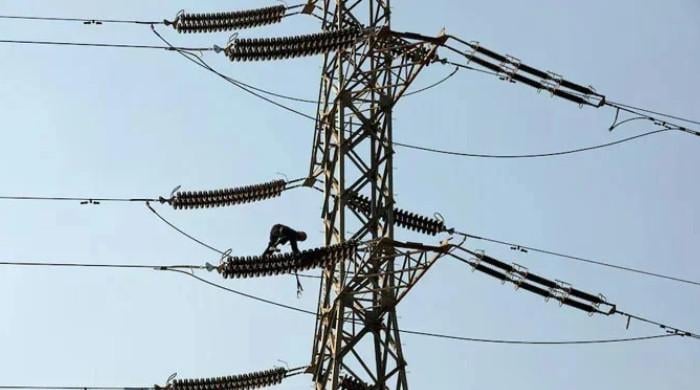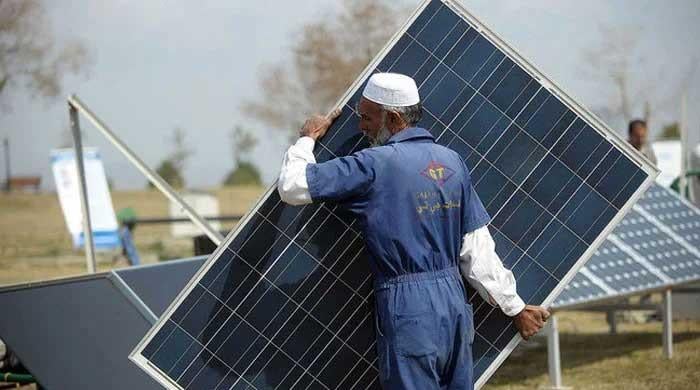Second round of Pak-Russia oil talks concludes with progress on payment mode
Russians asks Pakistani counterparts to ensure that deal with Moscow is kept secret
April 16, 2023

- Second round of talks was held in Karachi on April 13-15.
- Some minor issues remain to be resolved within the next few days.
- Russians raise objections over the reporting of the talks in the media.
ISLAMABAD: In a major development, talks between Pakistan and Russia over crude oil imports concluded on Saturday with significant progress made on the mode of payment, officials said.
If the order is successfully placed, Russian crude oil is expected to arrive in Pakistan in May, the officials claimed, adding that some minor issues remain to be resolved within the next few days, The News reported.
Official sources said the second round of talks was held in Karachi on April 13-15. However, officials are tight-lipped on disclosing the details.
“Russians during the talks have raised the issue over the reporting of the talks in the media particularly about the discount in crude oil price and mode of payment stressing the Pakistani counterparts to ensure keeping the deal with Moscow secret as they do not want the disclosure to other Russian crude buyer countries,” sources privy to the matter said. The top functionaries have also decided not to disclose the mode of payment and the exact discount.
Earlier, the technical teams of the Operational Services Center (PSC), a Russian state-owned entity, held talks for two days on March 21-22 with the Pakistan State Oil (PSO) team, which ended without progress on the constitution of Special Purpose Vehicle (SPV) responsible not only for importing the crude but also for the payments.
Commercial analysis has been worked out this time as to whether the import of crude from Russia would benefit Pakistan’s economy and to what extent. Since it was analysed that the import would be of benefit, Pakistan decided to go for the deal.
“However, Russia during the latest talks asked for payment in China’s yuan or rouble, but Pakistan wanted to pay in Pak rupee,” sources said.
An order would be placed soon, it was revealed. “The Russian ship will arrive in 26 days, most probably by the middle of May,” they added.
The current brent price in the international market hovers at $85.16 per barrel whereas Russian oil is available at $47-48 per barrel.
According to top officials, the State Bank of Pakistan (SBP) earlier asked some local banks, including the National Bank of Pakistan, to open letters of credit for importing Russian oil.
Pakistan’s local banks are ready, but with some hesitance mainly because of the G7 countries’ regulations following the price cap of $60 per barrel or below, and making the payments under the Society for Worldwide Interbank Financial Telecommunications (SWIFT) arrangement.
The officials said that PSO had never imported crude oil as it only imports finished POL products from various sources and diesel from KPC (Kuwait Petroleum Company).
Refineries have been importing crude under long-term agreements from ADNOC and Saudi Aramco. In the case of Russian crude import, refineries are not to be involved, and instead a SPV with representatives from PSO and PSC would be involved.
“Pakistan had desired to get Russian crude price with a discount close to $50 per barrel, $10/barrel below the cap price imposed by G7 countries on Russian oil in the wake of the war on Ukraine.”
However, one of the top guns in the coalition government said that the decision to import Russian crude under the GtG agreement at a 30% discount might not provide the required relief. They based their statement on the fact that 26 days of transposition from the Russian port to the Pakistan port will incur the per barrel shipping cost of $15 per barrel, which with $10 per barrel refining cost will erode the maximum discount.




